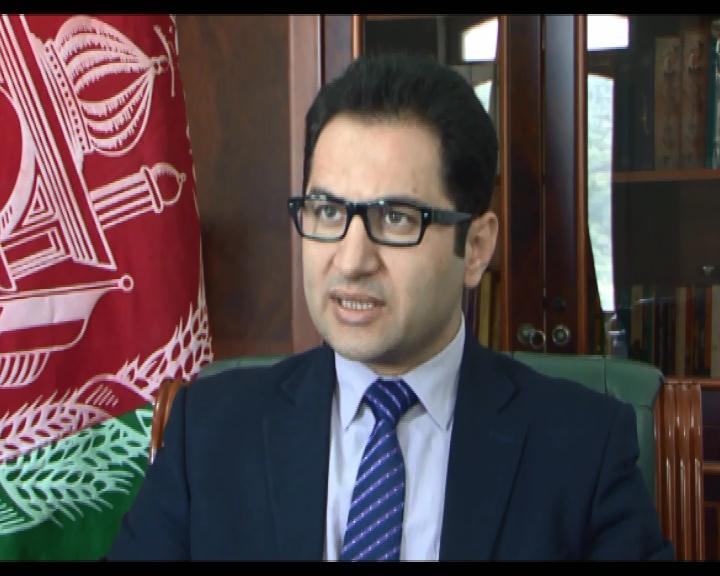Latest News
Electoral reforms to have practical improvements next week

Afghanistan Presidential Palace considers the failure of National Assembly’s joint committee on President’s decree shameful; citing this failure does not mean the stop of electoral process and the electoral reform process will have practical improvements next week.
The National Assembly went for summer breaks and president’s decree on electoral reforms remained without any result.
According to the previous announcement of the presidential citadel, the practical improvements must be started two days ago but it seems to be remained for next week.
“The government regrets that the joint committee remained without any result but it does not mean the stop of reform process,” said Muhammad Haroon Chakhansori, President’s spokesman.
President Ghani and Chief Executive Officer Abdullah, in the September 2014 agreement, agreed to electoral reforms “to ensure that future elections are credible.”
The details of these reforms, when they should take place and who should design them are, however, proving contentious.
Afghanistan’s electoral reform process, that was supposed to be a precondition for the next ballot, has been excruciatingly slow and has culminated in a watered-down version of its original mandate.
The delays mean that it has by now become practically impossible to hold elections this year.
When the two rivals, Ghani and Abdullah in the 2014 presidential election agreed to form a government of national unity in September 2014, elections and electoral reform played a central role in the negotiations.
Both were explicitly included in the political agreement signed by the two sides. The commitment to electoral reform was a concession to the Abdullah camp, as was the explicit inclusion that both Wolesi Jirga and district council elections would be held in time to allow for a Loya Jirga to discuss the post of executive prime minister within two years.

![ELECTION 21- 7 - 2016 - DARI-SOT.mpg_snapshot_01.28_[2016.07.21_19.22.07]](https://ariananews.af/wp-content/uploads/2016/07/ELECTION-21-7-2016-DARI-SOT.mpg_snapshot_01.28_2016.07.21_19.22.07-300x240.jpg)